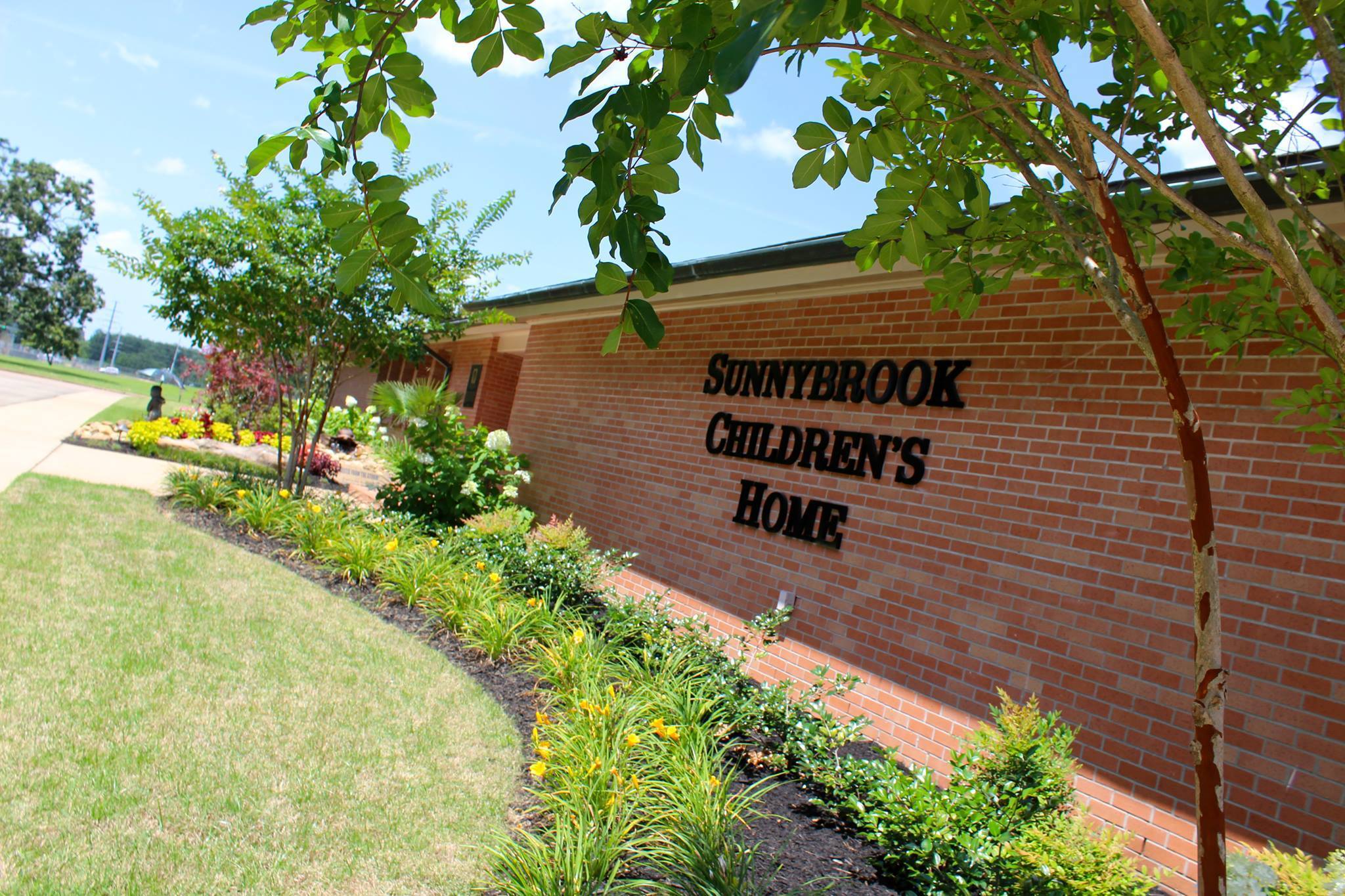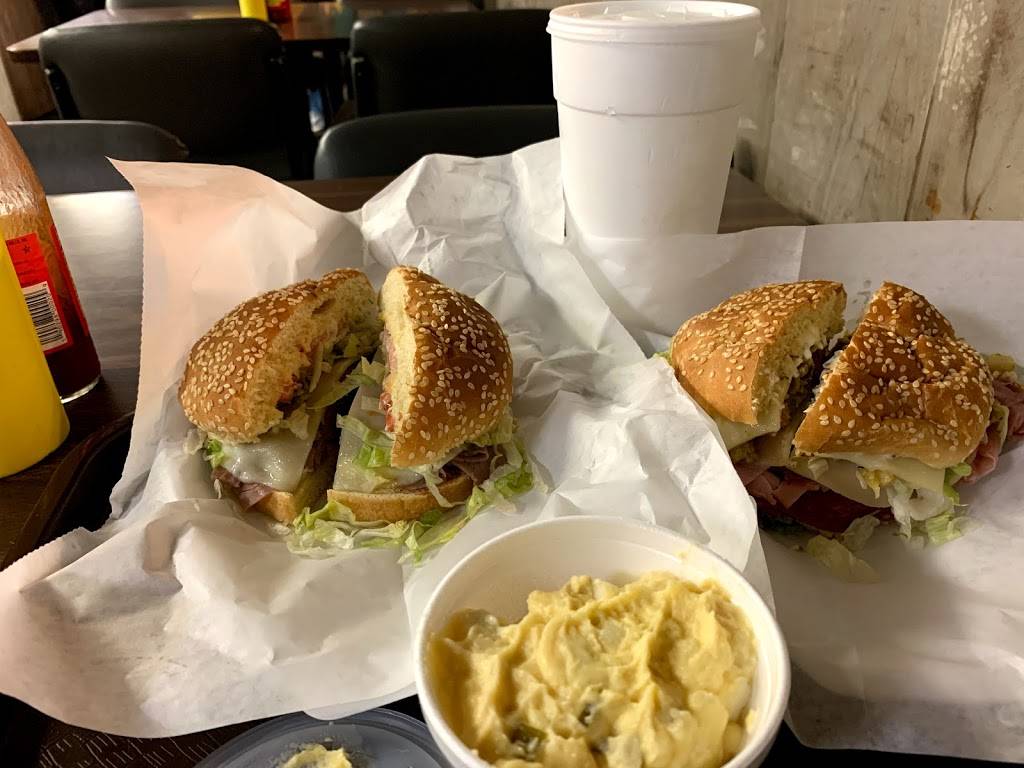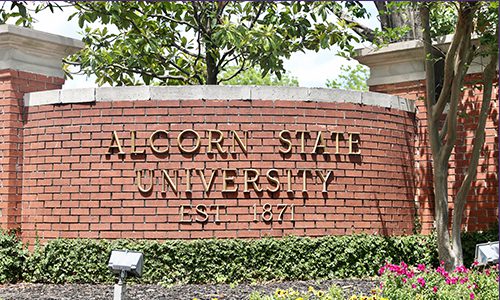
Sunnybrook Children’s Home connects youth in foster care with life skills as well as accountability to help them grow.
Sunnybrook Children’s Home is celebrating sixty years of being a safe haven for foster children in the state of Mississippi. For six decades, the home has served as a nonprofit ministry providing home and support for foster kids and foster families. Over time, however, the mission has changed.
“We were what most would consider a typical group home for children in foster care,” said Dr. Myrle Grate, Executive Director of Sunnybrook. “But about two and a half years ago, for a variety of reasons, we shifted our focus to working with transitional-aged youth.”
Why transitional youth?
Sunnybrook is working with those who are shifting into young adulthood, from age fourteen to twenty.
“We’re preparing them for a life of independence after they leave the foster care system,” said Dr. Grate, who added that those transitioning into life beyond foster care have more struggles and fare much worse than children who were raised in traditional homes by parents or other loved ones.
“The statistics for homelessness, unemployment, teen pregnancy, and crime are significantly higher for those in this population,” said Dr. Grate.
Studies by the Annie E. Casey Foundation revealed the need for Sunnybrook to change lanes in their ministry. Less than three percent of those who age out of the foster care system pursue any type of education beyond high school. That statistic alone, coupled with the lack of structure and consistency in the lives of many foster children, creates a vicious repeating cycle.
“We prepare them for life after the system, if you will,” said Dr. Grate. “We teach them life skills, job readiness training, financial education, and spiritual development. Our transitional living and supervised independent living programs prepare them to be engaged Christian members of their communities.”
Sunnybrook takes the time to develop life skills that many of those in the foster care system may have failed to learn due to the constant shifting in their lives. These are skills that many take for granted, or would deem basic skills, but are crucial to living independently.
“How to do your laundry, how to balance a checkbook, how to cook a meal, how to shop for food when you’re going to cook that meal, how to manage your own medications, how to visit a doctor – all basic life skills that people need to master to live independently. We have seven pages of very detailed skills, and they have to get through that before they leave here,” said Dr. Grate.
Sunnybrook also provides a 19-week job readiness program through a national curriculum, as well as a 19-week faith and finance program. There’s one more skill that Sunnybrook bestows on their transitional youth that many in a traditional setting would consider a rite of passage.
“We help them get a driver’s license,” said Dr. Grate. “It may not seem like a big deal but let this sink in: on a national level, less than five percent of kids leave the foster care system have with a driver’s license.”
Something as simple as having a driver’s license opens the door to independence for these youth.
“What can you do without a driver’s license?” Grate added. “You can’t go to the doctor. You can’t get a job. You can’t even go to the grocery store.”
Dr. Grate said that if someone did choose to drive without a license, they are risking re-entering the cycle of poverty.
“If they get a ticket, they can’t pay it, because they can’t afford it,” Grate said. “It’s already difficult for them to afford to live.”
The hard work of preparing the youth
Young adults who transition out of Sunnybrook’s program with the financial, spiritual, job readiness training and driver’s license are already faring better than 95% of those who are exiting the system nationwide. However, this improvement doesn’t come easy.
“We only get about twelve hours a week with them to teach all these skills,” said Dr. Grate. “They have to go to school, they have jobs, and they can’t just do all this from 8am to 8pm every day.”
In that twelve hours a week, Sunnybrook provides all of the skills training they can, plus counseling.
“They all have counseling because most of them have severe trauma in their backgrounds,” Dr. Grate said. “They’ve been through a lot, they’ve never dealt with it, and they teenagers.”
Sunnybrook’s program connects these youth with life skills as well as accountability to help them grow.
“They’ve never been held accountable, and that’s not their fault,” said Dr. Grate. “That’s not coming from a place of meanness, it’s coming from ‘oh, you said I’d have to do this program, and you meant it.’ That’s hard for them. It’s brand new and they’ve never had that before.”
The grit, grace and intensity required to prepare teenagers for life outside the system is why many group homes do not work with teenagers, according to Dr. Grate. Even still, Sunnybrook is a ministry, so building these teens up spiritually is just as important as providing them with successful life skills.
“We have several great church partners, and they (the teens) go to church on Sundays and Wednesdays,” said Dr. Grate. “With at least one other Bible study during the week.”
Another aspect of spiritual mentorship for the teens is their house parents. The foster parents live at Sunnybrook with the teens, and the teens attend church with their house parents.
“We don’t limit the house parents to one church or another,” said Dr. Grate. “We don’t tell them they have to be a certain denomination, but they do have to attend church as a family. The house parents get to choose that, but the students have to be engaged (in the church).”
The youth also get to attend youth camps in the summer.
House parents and heroes
The house parent model is one that is followed by few group homes, as many have moved to more of a shift work scenario. Sunnybrook group parents make sacrifices to be there– they’re very willingly becoming parents in a missionary sense – they live where they work.
“It is very hard work,” said Dr. Grate. “But these house parents come in, and get started, and when they witness lives changing, they don’t want to do anything else.”
Sunnybrook employs both couples and singles to serve as house parents.
“The wife, or house mom, may be employed full time, and the husband, or house dad, may be employed part time, and he will help on the weekends,” said Dr. Grate. “And of course, you get time off, just like any other job.”
Singles are also employed to be house parents and serve as role models for the youth. A single woman, for example, may be employed to live with the young women at Sunnybrook.
“We desperately need good house parents,” said Dr. Grate. “It is not a typical job. You’re moving here, you’re living on campus. You can’t have friends over with all the teenagers. There are great benefits and a great salary, but it is hard work.”
Why bother?
“It’s worth it to see the life changes in the students,” said Dr. Grate. “That’s the single reason we all do it. It is hard to explain, but it’s not an exaggeration. If we didn’t do it, it wouldn’t happen.”
Again, statistics show that these foster youth, through no fault of their own, are aging out of a system woefully unprepared and landing in a hellacious cycle of poverty and crime, doomed to history repeating itself.
But Sunnybrook is changing those statistics.
“It’s life-changing,” said Dr. Grate. “We can’t control what they do when they leave here, but what we can do is fill their toolbelt, get them stable emotionally, get them stable financially, and give them a fair chance. And that’s what we do.”











